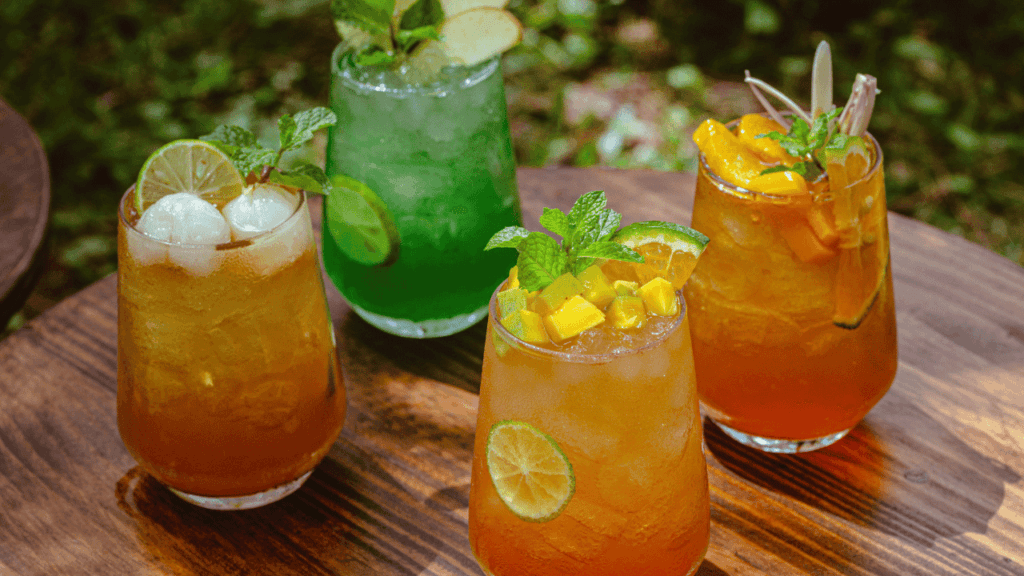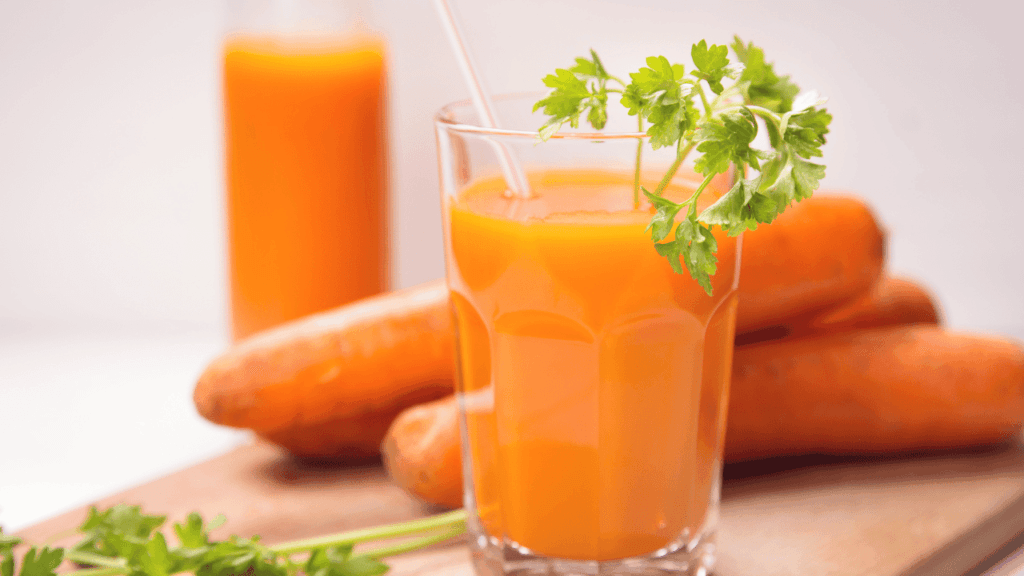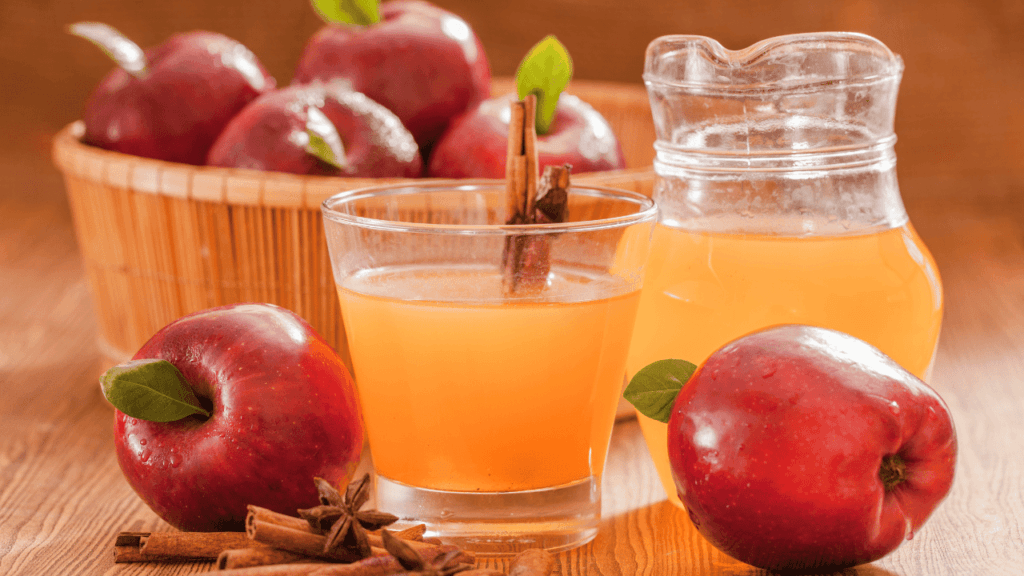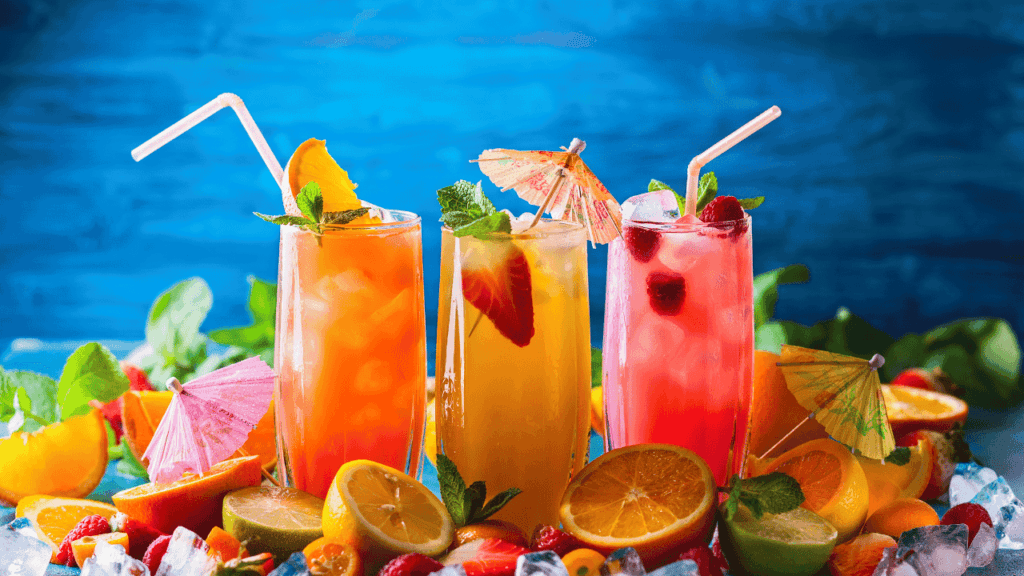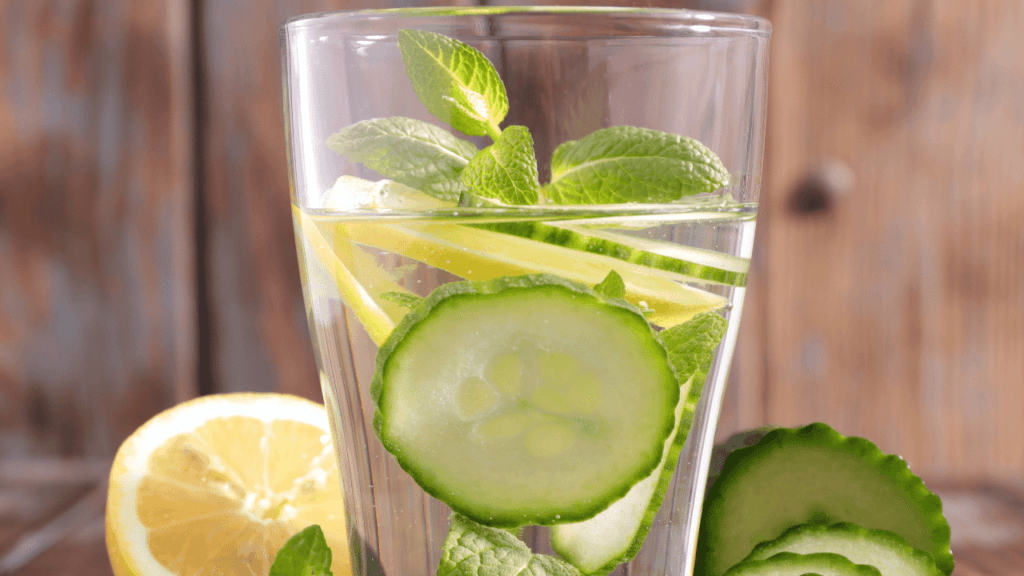Scotch cocktails, a topic of much discussion among enthusiasts, carry with them both a historical reverence and modern mixological versatility. The debate over the pros and cons of Scotch cocktails intertwines with personal preference, but there is an undeniable sophistication to the blend of flavors that can either be accentuated or subdued in a mixed drink. Scotch, particularly when served neat, offers a pure expression of its character. However, when transformed into Scotch mixed drinks, advantages arise in the form of approachability and the artistry of combining ingredients for unique tastes.
Critics often list the Scotch cocktail disadvantages, highlighting traditions which discourage the addition of ice to premium whisky and the avoidance of mixers with top-shelf bottles to preserve their intended flavors. Yet, admixing a mere 4 or 5 drops of room temperature natural spring water is known to ‘open up’ the nuanced profiles of subtler single malts. True connoisseurs recognize the ritual of adding water, just as Scottish bars tender pitchers of local water, as a means to unlock the layered intricacies of Scotch without over-dilution. Here, the balance is key, and experimentation is part of the journey to an ideal individualized Scotch experience.
Key Takeaways
- Understanding the debate around modifications to Scotch whisky through cocktails or water addition.
- Acknowledging historical and cultural preferences for consuming Scotch neat versus mixed.
- Recognizing the role of water in enhancing the natural bouquet of flavors inherent in Scotch whisky.
- Experimentation and the quest for personal preference in whisky enjoyment, whether neat, with water, or in a cocktail.
- Considering the potential alteration of Scotch by the water quality, temperature, and dilution level.
- Exploration of tradition versus innovation in the context of Scotch as a versatile spirit both neat and in cocktails.
The Rich History and Cultural Significance of Scotch
The timeline of Scotch whiskey is not only a chronicle of a beverage but also a mirror to Scotland’s societal shifts and global influences over centuries. Unraveling the origins and evolution of Scotch adds depth to understanding its role both in past and present culture.
Origins in Scotland and Ireland
The term whiskey comes from the Gaelic word ‘uisce beatha,’ meaning “water of life,” encapsulating its essence in the daily lives of early Scots and Irish. Remarkably, the earliest recorded distillation of Scotch whisky was documented in 1494, placing it at the heart of Scotland’s local craft and trade practices. Over the centuries, despite numerous legal and social challenges, including the confiscation of approximately 14,000 illicit stills annually by the 1820s, the art of Scotch production thrived, defined by its rich flavors and revered craftsmanship.
Apothecaries’ Ancient Tonic
Historically, Scotch was more than just a leisure drink. Apothecaries in Scotland dispensed it as a potent elixir for a variety of ailments, suggesting an early recognition of its medicinal benefits. This tradition spotlights the Scotch whiskey cocktail perks as more than mere indulgence but a link to wellness practices of old.
Prohibition and Medical Use
During America’s Prohibition era, Scotch whiskey was one of the few spirits legally prescribed by doctors for conditions ranging from pneumonia to high blood pressure, marking its significance in medicinal history. The enduring legacy and cultural significance of Scotch can be directly traced back to its complex history as not only a social beverage but also a therapeutic solution.
To elaborate, the evolution of Scotch includes significant milestones such as the Excise Act of 1823, which legalized its distillation under a licensure fee, revolutionizing its commercial scale production. The invention of the Patent Still in 1831 by Aeneas Coffey further catalyzed the production of Grain Whisky, expanding the horizons of Scotch whiskey cocktail recipes and enhancing the Scotch cocktails benefits.
Today’s Scotch landscape is shaped significantly by these historical markers. In 1994, global exports of Scotch Whisky first exceeded £2 billion, underlining its vast economic impact. By 2022, this figure had tripled, reaching over £6 billion, confirming Scotch’s towering presence in the global spirits market.
Whether it’s savoring the layered complexity of a single malt or blending smooth grain whiskies, Scotch remains at the pinnacle of the spirit world, its history as deep and seasoned as its taste.
Nutritional Profile of Pros and Cons of Scotch Cocktails
Understanding the nutrition in Scotch whiskey and the benefits of incorporating it into Scotch mixed drinks can enhance your drinking experience while aligning with health-conscious choices. Moderate consumption can play a part in a balanced lifestyle, but it’s crucial to know what exactly is in your glass.
To explore the nutritional content, let’s delve into the specifics:
Basic Caloric Content
A shot of Scotch whiskey typically contains about 97 calories, with a complete absence of fat, carbohydrates, sugars, and fiber. This makes Scotch an attractive option for those monitoring their intake of these macronutrients.
Presence of Ellagic Acid and Antioxidants
Notably, Scotch whiskey is rich in ellagic acid, a powerful antioxidant found to help reduce the proliferation of cancer cells and possibly lower tumor growth. These antioxidants also support heart health by managing cholesterol levels, marking another tick for the Scotch mixed drinks advantages
The virtues of Scotch are not just in what it contains but also in what it lacks. With zero carbohydrates and sugars, it has a neutral impact on blood sugar, making it a considerate choice for those with dietary restrictions.
To compare the nutritional content more closely, here are the specific numbers:
| Nutrient | Amount per 42g Serving |
|---|---|
| Calories | 97 |
| Protein | 0 grams |
| Fat | 0 grams |
| Carbohydrates | 0 grams |
| Sugar | 0 grams |
| Fiber | 0 grams |
| Alcohol | 14 grams |
In light of the data and the diverse advantages of Scotch mixed drinks, it is important to consider moderation as key. For tailored drink ideas that leverage the beneficial aspects of Scotch, browse this insightful article on making a balanced and refreshing gin and tonic, emphasizing the selection of quality ingredients.
Remember, while Scotch indeed presents nutritional benefits, its consumption should always be approached with moderation and responsibility, according to one’s health conditions and dietary needs.
Pros and Cons of Scotch Cocktails
Exploring the pros and cons of Scotch-based drinks provides a nuanced understanding of these beloved cocktails. Scotch, known for its complex flavors and rich heritage, brings a unique element to mixology. However, it is not without its drawbacks when used in cocktails. While there are undeniable advantages of Scotch cocktails, such as introducing a broader audience to the intricate flavors of Scotch through more accessible mixed beverages, certain Scotch cocktails drawbacks also emerge.
The primary benefit of incorporating Scotch into cocktails is its complex flavor profile, which can enhance a cocktail’s taste and overall experience. For those new to Scotch, cocktails can serve as an introductory platform, easing them into the spirit’s potent flavors gently mixed with other ingredients. However, purists might argue that mixing Scotch with other elements might overshadow the original character of a high-quality Scotch, which is best appreciated neat or with minimal alteration.
| Advantage | Drawback |
|---|---|
| Introduces complex Scotch flavors to a wider audience | Potential dilution of Scotch’s unique attributes |
| Encourages creativity in mixology | Adds extra calories and sugars through mixers |
| Can be a more approachable way to enjoy Scotch | May negate some health benefits of pure Scotch |
Another consideration is the health aspect. While Scotch itself contains no fats and minimal sugars, many mixers used in cocktails add significant amounts of sugar and calories, which could counteract some of the health benefits associated with moderate Scotch consumption, such as its potential to help lower the risk of heart diseases and assist in balancing insulin and glucose levels.
Ultimately, whether the advantages of Scotch cocktails outweigh the Scotch cocktails drawbacks depends largely on personal preference and the intended drinking experience. For those seeking to appreciate Scotch in its purest form, cocktails may not be the ideal choice. Conversely, for those looking to explore different flavors and enjoy a less intense introduction to Scotch, cocktails can provide a delightful and diverse drinking experience.
Understanding Alcohol Consumption Guidelines
While moderate alcohol consumption can offer certain health benefits, particularly relating to Scotch cocktails, understanding and adhering to the Dietary Guidelines for Alcohol Consumption is essential for minimizing health risks. Awareness of these guidelines serves as an important gauge for individuals to manage their drinking habits effectively.
Defining Moderate Drinking
Moderate drinking has specific definitions that vary by gender, primarily due to differences in alcohol metabolism between men and women. According to health authorities, moderate consumption generally involves up to two alcoholic drinks per day for men and one drink per day for women. It’s crucial to recognize that these norms are not recommendations to begin drinking for presumed health benefits but guidelines to limit alcohol intake for those who already drink.
Dietary Guidelines for Alcohol Consumption
The 2020-2025 Dietary Guidelines issued by the U.S. Department of Agriculture emphasize the risks associated with exceeding these moderate drinking limits. Excessive alcohol intake is linked with numerous health issues, including liver diseases, heart problems, and increased cancer risk. Here is a more detailed look at what categorizes moderate versus heavy drinking and the implications of overconsumption:
| Drink Type | Regular Volume | Alcohol by Volume (alc/vol) | Standard Drinks per Volume |
|---|---|---|---|
| Craft Beers | 5% average | As high as 8-9% | Varies |
| Table Wines | 25 ounces | 12-14% | 5-6 standard drinks |
| Binge Drinking | N/A | N/A | 4+ drinks for women, 5+ for men in 2 hours |
| Heavy Drinking | N/A | N/A | 8+ drinks weekly for women, 15+ for men |
These figures highlight the importance of moderating intake and adhering to the Scotch cocktails benefits in line with Dietary Guidelines for Alcohol Consumption. Mismanagement of alcohol consumption not only negates potential health benefits but also poses severe health risks.
It is vital to consult healthcare providers about personal alcohol consumption, especially for individuals with health issues or those taking medications that could interact adversely with alcohol. Always consider your health first before deciding to consume alcoholic beverages.
Health Benefits Linked to Moderate Scotch Consumption
The appreciation of Scotch whiskey often centers around its complex flavors and storied history, yet there’s a growing interest in the health benefits of Scotch when consumed in moderation. This section delves into how moderate Scotch consumption can potentially enhance overall well-being, supported by scientific insights.
Enhancement of Heart Health
Research has highlighted that moderate Scotch consumption may contribute positively to heart health. For instance, a study by Harvard found that a moderate amount of whiskey can increase levels of “good cholesterol” in the blood. This type of cholesterol plays a crucial role in protecting against heart disease. Moreover, moderate alcohol intake has been associated with a reduced risk of dying from heart attacks and strokes, particularly ischemic strokes.
Improvement in Cold Symptoms and Immune Responses
Scotch whiskey can also offer temporary relief from the symptoms of a cold. The classic hot whiskey cocktail, often referred to as a hottie toddy, which mixes whiskey with hot water, lemon, and honey, is known for its ability to dilate blood vessels. This helps ease mucus congestion, making it easier for your membranes to fight the infection. Additionally, whiskey contains ellagic acid and other vitamins that can boost the immune system to ward off illnesses.
Potential Protective Effects on Cognitive Health
There is compelling evidence to suggest that moderate whiskey consumption could also guard against cognitive decline. A 2003 study indicated that adults consuming one to six glasses of whiskey weekly were less likely to suffer from dementia than those who abstain or those who drink heavily. These Scotch whiskey cocktail perks offer a promising, yet cautious reminder of the potential cognitive benefits of moderate drinking.
| Benefit | Description | Study Findings |
|---|---|---|
| Enhances Heart Health | Raises good cholesterol, reducing heart disease risk. | Harvard study shows moderate whiskey raises good cholesterol levels. |
| Alleviates Cold Symptoms | Dilates blood vessels, helps clear mucus congestion. | Hottie toddies shown to provide relief. |
| Protects Cognitive Health | Linked to lower risks of dementia and cognitive decline. | 2003 study: 1-6 glasses/week could halve the risk of dementia. |
| Boosts Immunity | Stimulates the immune system with ellagic acid and vitamins. | Whiskey’s components noted for immune enhancement. |
Understanding the health benefits of Scotch underscores the importance of moderation. While the perks of enjoying a Scotch whiskey cocktail can be quite inviting, they should always be weighed with a mindful approach to consumption, ensuring these benefits are not overshadowed by the adverse effects linked with excessive drinking.
Health Risks Associated with High Alcohol Intake
While enjoying Scotch cocktails may be a delightful experience, it’s crucial to balance consumption to avoid the disadvantages of Scotch whisky cocktails. High consumption levels can translate into serious health risks that span various aspects of physical and mental wellbeing.
Heart Complications and Liver Damage
Excessive intake of alcohol, including Scotch, is linked to severe heart conditions, including arrhythmias, high blood pressure, and a heightened risk of stroke. Moreover, liver problems such as cirrhosis and fatty liver disease are significantly elevated among heavy drinkers, emphasizing the drawbacks of indulgent Scotch cocktail habits.
Cognitive Decline and Mental Health Issues
The mental side-effects of excessive alcohol consumption are just as debilitating. Issues range from short-term memory lapses to long-term cognitive decline. Furthermore, mental health can take a significant hit, with increased incidences of depression and anxiety closely tied to heavy alcohol use, marking significant disadvantages of Scotch whisky cocktails.
Cancer Risks and Pregnancy Concerns
Perhaps the most alarming Scotch cocktails drawbacks are the associated cancer risks and pregnancy complications. Alcohol is a known carcinogen, with a definitive link to breast, liver, and colorectal cancers. Pregnant women who consume alcohol risk fetal alcohol spectrum disorders (FASDs), which can cause lifelong physical and intellectual disabilities in children.
| Condition | Risk Increase | Preventive Measure |
|---|---|---|
| Heart Disease | 16% | Moderate intake: No more than 1 drink/day (women), 2 drinks/day (men) |
| Liver Disease | High | Avoid heavy drinking |
| Cognitive Decline | Variable | Maintain low to moderate drinking |
| Cancer (Various Types) | Increased with high alcohol intake | Limited alcohol consumption; Regular screenings |
| Fetal Alcohol Spectrum Disorders | High risk in consuming mothers | No alcohol intake during pregnancy |
In understanding these serious health implications, individuals are better informed to manage their Scotch intake. This awareness is critical in circumventing the substantial and very real risks that excessive alcohol consumption entails.
Scotch in Cocktails: Flavor vs. Tradition
Exploring the pros and cons of Scotch-based drinks and understanding the dynamic between ancestral beverage methods and modern mixology enriches our appreciation of Scotch cocktails. While some purists argue for Scotch’s exclusivity to neat sips, others embrace the innovative embrace of mixers and ice, asserting the vast Scotch cocktails benefits.
The Debates Over Ice, Mixers, and Water
The ongoing debates concerning the use of ice, mixers, and water in Scotch serve to highlight its versatility and the subjective nature of “the perfect Scotch experience.” Chilled conditions can enhance floral and fruity notes, making the drink more refreshing albeit at the risk of diminishing its complexity. On the other hand, adding water to Scotch is sometimes viewed as a way to ‘unlock’ its flavors, revealing hidden depths that are otherwise overshadowed by the intensity of undiluted spirit.
These debates are not just about preference but about engaging with the spirit on a deeper level. Historical evidence suggests that even the ancient Celts, distillers of spirits since as early as 800 BC, might have appreciated the transformation of flavors with varying dilutions and temperatures.
Best Practices for Enjoying Scotch-Based Drinks
To truly enjoy a Scotch cocktail, one must consider the impact of both temperature and the type of glass used. Experimenting with these elements can dramatically alter your drinking experience, enhancing certain flavors while muting others. The pros and cons of Scotch-based drinks can be influenced significantly by choice of glass, such as using a Glencairn glass to concentrate and direct aromas, enhancing the olfactory experience.
Additionally, mixology involving Scotch and other ingredients, like wine, can create a complex flavor profile drawing on the distinct characteristics of both beverages. For instance, a fusion cocktail like the New York Sour artfully combines whiskey and wine, leveraging the tannins of wine to create a balanced, enriched flavor profile. If curious about perfecting such mixed drinks, consider consulting minimalistic yet insightful guides like how to make a vodka tonic to sharpen your cocktail-making skills.
| Mixing Element | Benefits | Drawbacks |
|---|---|---|
| Ice | Enhances light, refreshing notes | Can reduce complexity, mute warm, rich flavors |
| Water | Opens up new flavors and aromas | Could dilute the distinct Scotch profile if overused |
| Wine | Adds depth and complexity with tannins | May overshadow lighter Scotch flavors |
Understanding the delicate balance between preserving the tradition of Scotch and embracing the modernity of cocktail culture offers both challenges and rewards, making the exploration of Scotch cocktails benefits all the more enriching. Whether your preference lies with tradition or innovation, the wide range of possibilities in Scotch cocktails ensures there is something for every palate.
Alternatives to Scotch Cocktails: Weighing Options
Exploring alternatives to traditional Scotch whiskey cocktails can reveal a trove of health-conscious Scotch alternatives, particularly for those looking to maintain a balanced lifestyle while enjoying social beverages. While Scotch whiskey cocktail perks include their rich flavors and cultural heritage, shifting towards more health-friendly options is becoming increasingly popular.
For individuals assessing their drinking habits, considering the health implications of their choices is crucial. Alternatives not only broaden the palette but also contribute positively to one’s health. Non-alcoholic beverages, for instance, retain the social aspect of drinking without the adverse effects associated with alcohol consumption.
Comparing Health Benefits of Other Alcohol Types
When considering alternatives to Scotch whiskey, other alcoholic beverages like red wine may offer similar cardiovascular benefits when consumed in moderation. Choices like kombucha or ginger beer provide interesting without the health risks linked to alcohol, making them a safe option for health-conscious individuals.
Non-Alcoholic Beverages for Health-Conscious Individuals
The advantages of non-alcoholic alternatives are multifaceted, including reduced calorie intake and the absence of hangovers. Non-alcoholic versions of popular cocktails can offer a refreshing experience, free from worries about the effects of excess consumption.
| Drink Type | Calorie Content | Potential Health Benefits |
|---|---|---|
| Scotch Whiskey Cocktail | High | Antioxidants from Scotch |
| Non-Alcoholic Beer | Low to Moderate | No alcohol-related risks |
| Red Wine (Moderate Intake) | Moderate | Cardiovascular benefits |
| Kombucha | Low | Probiotics for gut health |
Understanding the spectrum of available beverages can significantly impact health outcomes and lifestyle choices. Whether seeking the familiar warmth of a whiskey-based cocktail or venturing into the realm of innovative, health-conscious Scotch alternatives, the options available today cater to a wide array of preferences and health considerations.
Conclusion
As we journey through the world of Scotch cocktails, we discern the delicate balance between the cherished historical significance and the intrinsic pros and cons of Scotch cocktails. In the annals of time, figures such as historian Raphael Hollinshed have noted whisky’s health attributes since 1577, an assertion mirrored during Prohibition when it donned the guise of medicine. More than a tipple, whisky has been a trusted ally against common ailments, from the common cold—subdued by a soothing hot toddy—to more profound benefits hinted at by science, like its potential for lowering dementia risks and boosting heart health.
Awareness of guidelines for moderate alcohol consumption is crucial, with moderate intake defined as one drink daily for women and up to two for men. Such moderation can unlock Scotch’s virtues, such as its antioxidant ellagic acid, which combats rogue cells, potentially offering a bulwark against DNA damage and certain cancers. Variables in consumption and preparation can heavily sway the balance between the health benefits and the potential Scotch cocktails drawbacks. Similarly, an appreciation for the craft of cocktail-making allows us to savor not only flavor but also the complexity of a premium Scotch, understanding that its intricate notes are best enjoyed responsibly.
Contemplating alternatives to the traditional Scotch cocktail avails us to a broader spectrum of choices to suit health and taste preferences. Whether inspired by Grace Jones’ astonishing longevity attributed to her nightly whisky routine or the pragmatic approach of managing weight and sugar intake, selection is personal and nuanced. Ultimately, responsible enjoyment of Scotch whether in the form of a sophisticated cocktail or a neat pour, pays homage to its depth and legacy, celebrated and contemplated with each sip.














